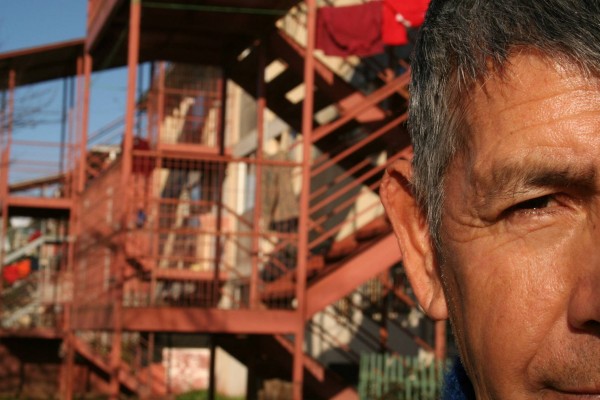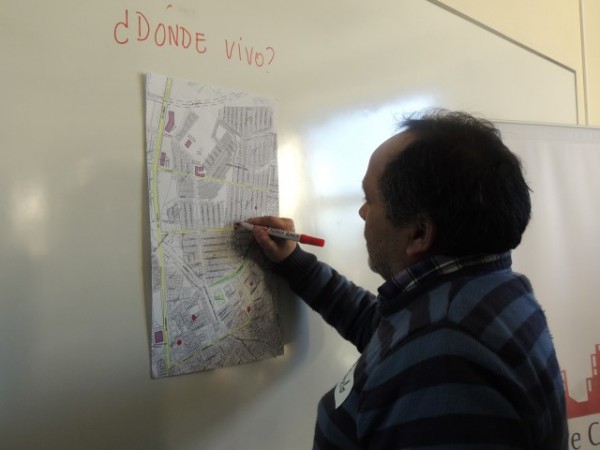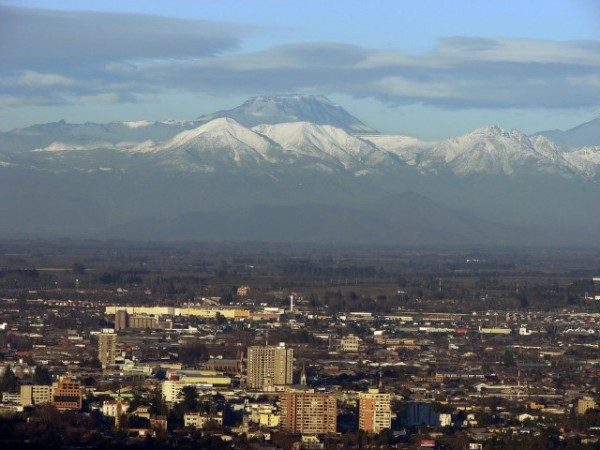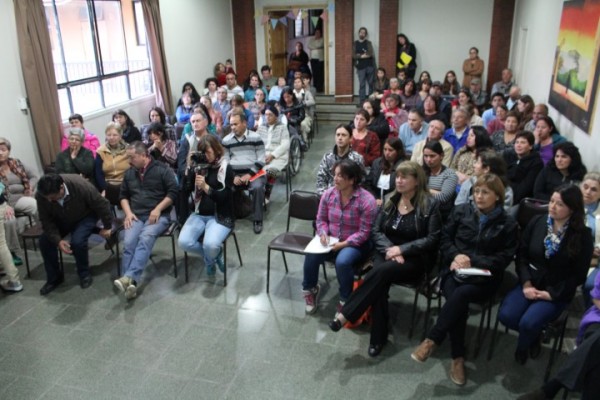
Territorio y Acción Colectiva – when people shape territories
It is extremely hard to define which path to development the societies should follow. It is even harder to establish which kind of development can be considered as sustainable. But I strongly believe that when people become protagonists and crucial actors of their own territories, this should be perceived as boosting development processes.
This is the reality that I found in Talca, Maule Region, Chile. Here, I spent few months to take the final internship of my master degree in Local Development at the University of Padua. I arrived in Chile with the will, the hope and the desire to put in practice my academic background and I had the opportunity to work for Surmaule, an NGO working for 10 years in the city of Talca. The peculiarities of this association are the deep commitment for the public issues and the strong bond with the different social actors in order to encourage and promote the territorial transformations and processes of change. Through the training, education, collective work, the empowerment, the articulation of the actors and the analysis of social processes, Surmaule boosts the democratic and participative construction of the society. In 2015, the NGO developed 12 different projects with the communities of the city and the region, enhancing their capabilities to create networks, manage and impact the public agenda.

Among the several projects, I chose to work as a trainee in “Territorio y Acción Colectiva– TAC” (Territory and Collective Action). This project was born two years ago and aims to enhance the capabilities of local actors, by turning them into the motors of the development of their own territory, by means of prioritisation of actions and planning strategies. The project has been implemented in three neighbourhoods of Talca (Las Américas, Territorio 5 and Unidad Vecinal 46), in the northern peripheral part of the city. The projects have been carried out in the different neighbourhoods in different moments, but the methodology used has been the same for all the territories.
The process consists in 5 steps: first, meeting the inhabitants and trying to understand with them which are the most relevant problems of the area; second to organize an educational process during which people bolster their knowledge about citizenship and democracy; third to map their territory and identify where and how the several problems appear; fourth to produce an assessment of the social study of the territory in which people can describe their territory, its needs and potentialities and define their strategies of action. Finally, the inhabitants and the most important actors of the neighbourhood establish a territorial table, whose aim is to start debates and dialogues with public authorities in order to take actions and initiatives to improve the territories. Thus, problems such as housing, transport, connectivity, environment, security, communitarian equipment, public spaces, communication and services are proposed to be solved by people with bottom-up strategies and perspectives.

In that way, people get to know, understand and strengthen their own territory. The latter stops to be seen as a given, fragmented and dead space and, thus, it becomes a social construction and product in which inhabitants become active actors of their area, by defining their needs and identifying their potentialities. Territories become territorialised, that is to say that people foster their capacities to stimulate processes of transformation. Moreover, in the perspective of collective action, people have, on one hand, the opportunity to build up processes of common knowledge, identity and values and, on the other, have the possibility to influence the relations of power and the decision-making processes that often define and shape territories with a top-down perspective.

In Chile, cities are often the product of the neo-liberal policies implemented during the Pinochet’s dictatorship that dominated the state for 17 years. This kind of city produces itself spatial fragmentation: the division of the space perfectly responds to the model centre/periphery and creates smaller territories. This dichotomy splits the city in smaller spaces. Each one of these “smaller territories” is more and more characterised by social and economic homogeneity and provoke inequalities among the different parts of the same cities. Not all the citizens have the same opportunities and access to the city: the peripheral areas still remain in a situation of segregation and social exclusion. Through the possibility to question and re-think their own space, the citizens are granted the chance to redefine and claim their right to the city.

The importance of experiences like TAC is to offer a concrete and alternative model to the individualised society. People start to build bond ties with their space, creating a background of trust and communication. Territory is being collectivised through the valorisation of its specificities and the empowerment of its human capital. The challenge that should be maintained and always called out is to incite and encourage the collective work of the civil society. The latter might always preserve its proactive role and be able to define its own ideal of territory and neighbourhood, by stimulating inclusive, democratic and participative processes.
Contacts and information:
Chile, featured, Lima1, sudamerica, surmaule, talca, Territorio y Accion Colectiva, unidad vecinal